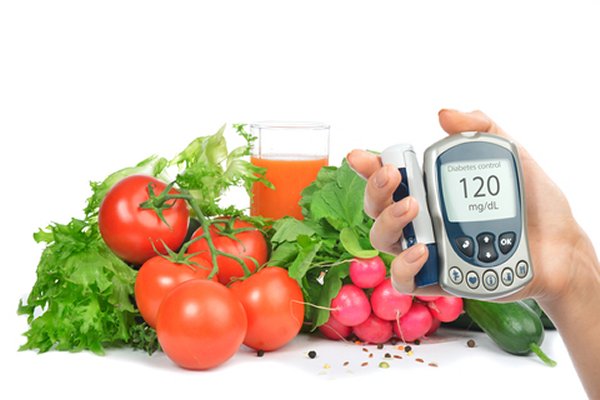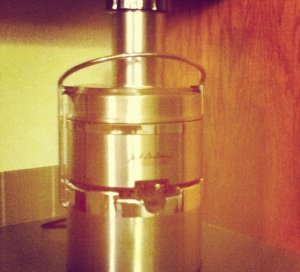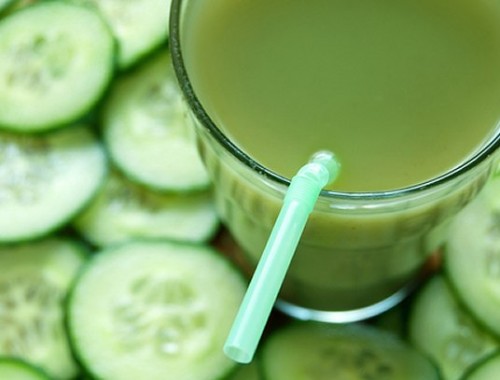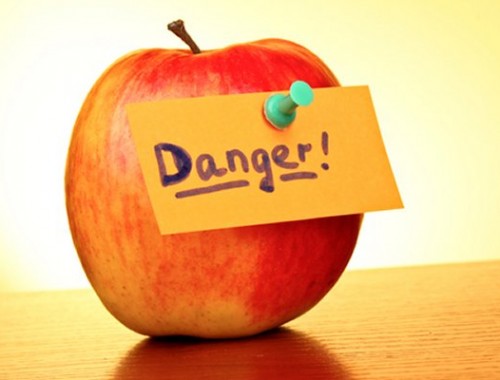Diabetes is a health condition caused by the body’s inability to regulate blood glucose levels due to either a lack of insulin produced by the body or resistance to the insulin. People with diabetes may be warned to avoid fruit juices due to the natural sugars in the fruit.
However, many experts are changing their opinions about fruits and diabetes. Raw foods may help improve diabetes. Certain fruits and vegetables can improve the body’s response to insulin and help control diabetes. Juicing with diabetes to lose weight can help diabetes as some people with type 2 diabetes can be cured of the disease by losing excess weight.
People with diabetes need to be cautious when drinking juices high in natural sugars since these sugars can cause blood glucose levels to rise. The risk of complications from diabetes such as nerve damage and infections increases when the person’s blood glucose levels are too high. Therefore, people with diabetes need to control their blood glucose levels to avoid diabetes complications.
Glucose, sucrose, and fructose are the carbohydrates known as simple sugars. Glucose is the sugar that is made by the body while it breaks down carbohydrates that have been eaten. Fructose is the natural sugar found in fruit. Sucrose is a combination of glucose and fructose. Table sugar is sucrose. When sugars are consumed, they increase a person’s blood glucose level.
Because fruits contain fructose and can cause spikes in blood glucose levels, vegetables are a wiser choice for juicing with diabetes. Nutrient-packed vegetables are a way to get a variety of vitamins and minerals without the carbohydrates found in fruits. Another potential drawback of juicing for diabetics is that juicing removes much of the fiber contained in fruits and vegetables. This fiber can help to regulate blood sugar and so by removing it you are effectively concentrating the sugar. But juicing doesn’t remove all of the fiber and by juicing mainly vegetables which don’t contain much carbohydrate you are reducing the chance of there being a problem.
Some vegetables are known to help manage diabetes. Asparagus may help the body regulate blood sugar levels. Cucumber, cauliflower, tomatoes, and brussels sprouts are good foods for diabetes management. Manganese may help managing diabetes by lowering insulin resistance. Manganese may improve glucose metabolism. Parsley, carrots, cabbage, collard greens, endive, celery, beet greens, broccoli, and spinach are excellent sources of manganese. Blueberries, pineapple, and strawberries are some of the fruits that contain manganese. Broccoli also contains vitamin C which may help prevent diabetes.
But juicing isn’t all about fruits and vegetables. Herbs and spices can play a role too! One common spice which may be beneficial to diabetics is cinnamon. According to research by the University of Hanover in Germany, cinnamon may help to lower blood glucose levels if taken daily over a period of time. Herbs like garlic, bitter melon, fenugreek, ginkgo and ginseng may also be beneficial for diabetics.
It’s thought that cinnamon lowers blood glucose by increasing insulin sensitivity. This allows cells to increase the amount of glucose they absorb from the blood. There are many juice recipes which contain cinnamon and adding it to juices is a very quick and easy way to get the spice into your diet.
Obesity increases the person’s risk of developing type 2 diabetes. Some people who were diagnosed with diabetes have reverse the disease by losing weight and following a healthy diet. Juicing can help the person lose weight if done carefully as long as fruits are not consumed in large quantities. Living with diabetes requires monitoring the blood glucose levels regularly. When juicing with diabetes, fruits can be consumed in moderation as long as the person is following their doctor’s instructions for controlling the blood glucose levels.







No Comments